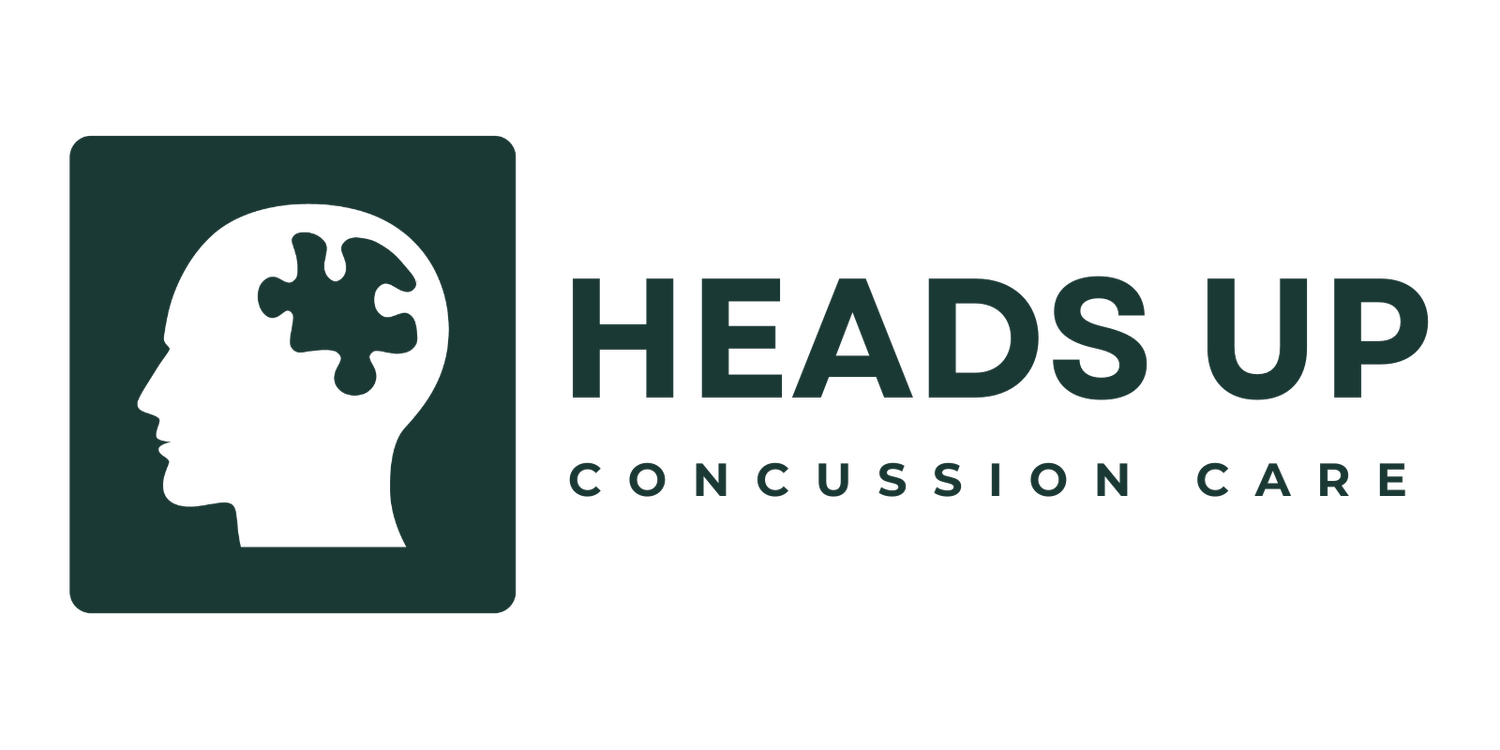Each Concussion is Unique, and So Should the Management Plan : Have your Recovery Strategy in Place Early
In the fast-paced world of sports, understanding concussions is crucial. After a concussion, athletes may experience memory loss and anxiety. These problems can disrupt their everyday life and performance. It's important to act quickly within the first 48 hours. Monitor symptoms and consult a healthcare expert for effective recovery. A custom approach not only protects health but also ensures a safe return to activity. Quick access to expert guidance is essential to manage the complexities of concussions and protect the future of all involved.
Essentials of Proactive Management
Proactive management is key for concussion recovery. Taking swift action can improve outcomes for athletes. Let's look at the main steps, focusing on the critical early period and personalized recovery methods.
Monitoring the First 48 Hours
The initial 48 hours after a concussion are crucial. During this time, careful observation and noting symptoms are vital. Symptoms can include headaches, dizziness, confusion, and mood changes.
Avoid activities that might make symptoms worse or cause more harm. Avoid physical exertion, limit screen time, and ensure rest. However, total isolation isn't advised as gentle social interaction can help.
Regular check-ins with a healthcare professional can track progress and catch any issues that need attention. Professionals can guide symptom management and adjust daily activities as necessary.
Personalized Recovery Strategies
Each concussion requires a unique recovery approach. Tailored strategies consider specific symptoms, medical history, and lifestyle.
A personalized recovery plan may include:
Gradual return to mental tasks
Controlled physical activities
Targeted therapies for specific issues (e.g., balance issues, whiplash injuries)
Nutritional support for brain healing
Research indicates that early active rehabilitation leads to better outcomes than prolonged rest. This can involve light exercise, balance training, or mental exercises, monitored and adjusted based on symptoms.
By personalizing recovery, we can enhance healing, lower the risk of lingering symptoms, and ensure a safe return to normal activities.

